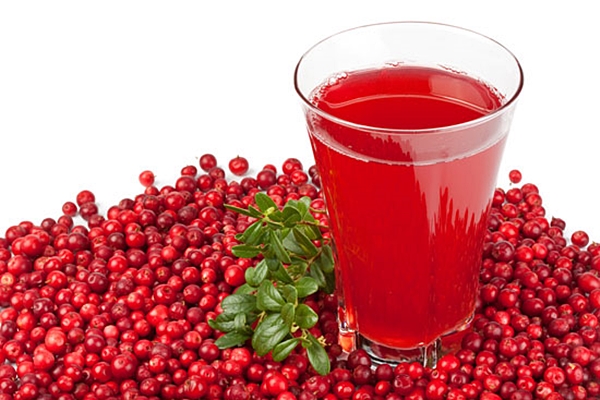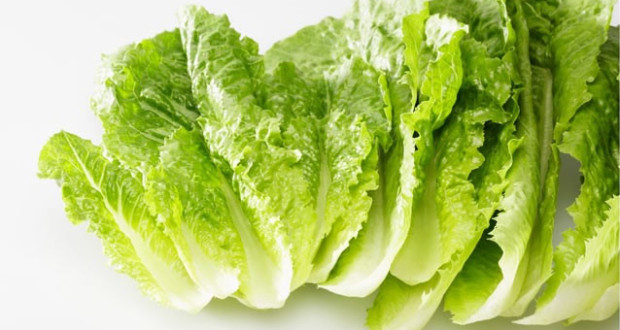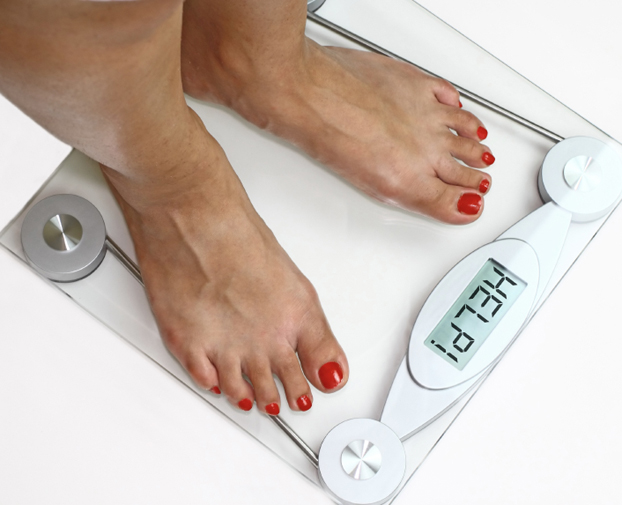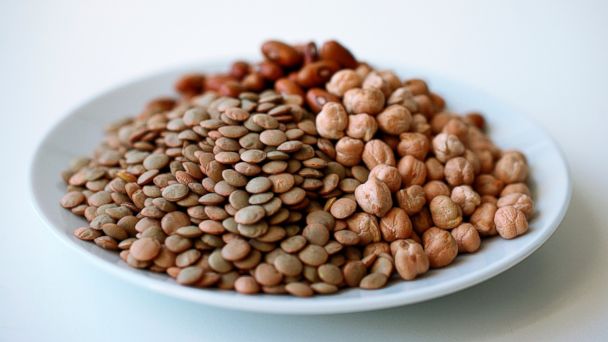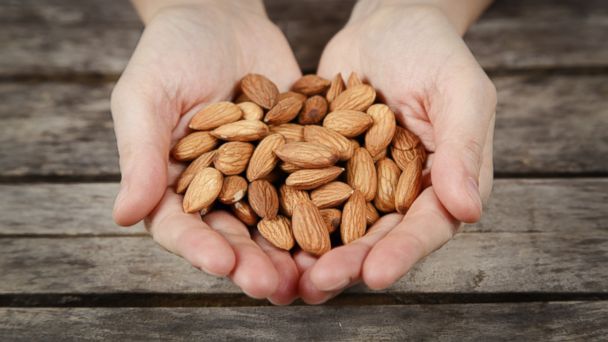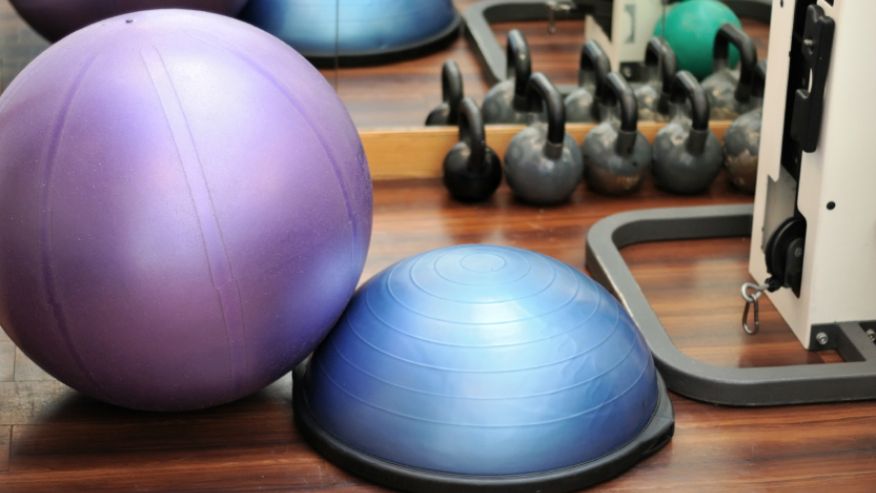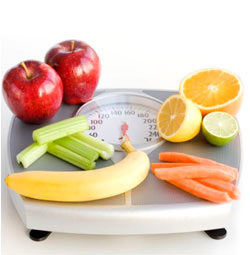
Obesity, which is excessive accumulation of fat in the body, is determined by measuring a person’s Body Mass Index (BMI). Generally, a BMI between 18.5 and 25 is considered desirable. If your BMI is 30 or more, you are considered obese.
You can calculate your BMI using the following:
BMI=(Weight in lbs / (Height in inches x Height in inches)) x 703, or if you measure with the metric system use BMI= Weight in kg / (Height in meters x Height in meters)
This problem is mostly attributed to poor lifestyle choices, such as eating processed foods high in fat, oversized food portions, overeating, excessive drinking, lack of physical activity, lack of sleep, and other similar habits. Genetic factors and hormonal problems also tend to increase the risk of developing obesity.
Obesity is a great concern not merely because of the excess weight, but also because it makes you susceptible to a number of serious health problems such as Type 2 diabetes, high blood pressure, heart disease, and others.
It is important to adopt healthy lifestyle changes to combat this problem. In addition, you can use some easy yet effective natural remedies to help with your weight loss efforts.
Here are the top 10 home remedies for obesity.
1. Lemon Juice
Lemon juice is one of the best home remedies for fighting obesity. It helps improve digestion and aids in detoxification. Healthy digestion is an essential pre-requisite for weight loss as it helps your body get the nutrients required to burn fat. Furthermore, it helps remove toxins from your body that slow down your metabolism.
Mix three teaspoons of lemon juice, one teaspoon of honey, and one-half teaspoon of black pepper powder in one cup of water. (If you use freshly ground black pepper, then just add one-quarter teaspoon.)
Drink it in the morning on an empty stomach.
Do this daily for at least three months.
Alternatively, you can simply have a cup of warm water mixed with a teaspoon of lemon juice.
2. Apple Cider Vinegar
Apple cider vinegar is another popular home remedy to reduce excess weight. Though the actual weight loss benefits of it are still unknown, preliminary research has shown that it can help protect against obesity. It helps breakdown fat and hence prevents the accumulation of body fat.
Mix two teaspoons of apple cider vinegar in a glass of water. Drink it daily in the morning and preferably before meals.
You can also drink a cup of water mixed with one teaspoon each of apple cider vinegar and lemon juice.
You can have up to two tablespoons of apple cider vinegar in a day. Do not exceed this amount, as it may reduce your blood potassium levels over time and lower your bone mineral density.
3. Aloe Vera
Aloe vera is useful in treating obesity because it stimulates the metabolism, increases energy consumption, and mobilizes unused fat in the body. It contains natural collagen proteins that make the body work harder in order to absorb the proteins. In addition, it helps remove toxins from the digestive system and colon.
Take two fresh aloe vera leaves, peel them, and scoop out the pulp.
Put it in a blender along with one cup of citrus juice, such as orange or grapefruit juice, or simply water. Blend it for two to three minutes. Drink this daily for at least a month.
4. Green Tea
Green tea is another popular natural remedy to promote weight loss. A study at Penn State revealed that epigallocatechin-3-gallate (EGCG), a compound found in green tea, helps slow down weight gain by limiting fat absorption and increasing the body’s ability to use fat.
Furthermore, green tea is packed with nutrients such as vitamin C, carotenoids, zinc, selenium, chromium, and other trace minerals.
Drink about three to four cups of green tea daily to combat obesity. You can also combine it with ginger tea or cayenne pepper.
5. Cayenne Pepper
Cayenne pepper helps control obesity and aids in weight loss. It contains capsaicin that stimulates your body to burn fat and increase energy expenditure. In addition, it stimulates digestion and suppresses excess appetite caused by malabsorption of nutrients in the body.
Make cayenne pepper tea by pouring a glass of hot water over cayenne pepper (start with one-tenth of a teaspoon or just a dash of cayenne pepper and gradually increase its quantity to one teaspoon). Squeeze the juice from half a lemon in it. Drink this tea regularly at least for a month.
Mix two tablespoons each of lemon juice and maple syrup in 10 ounces of water (one glass contains 8 ounces). Stir in a dash of cayenne pepper and drink it.
Use cayenne pepper and other spices, such as ginger, black pepper, and mustard seeds, generously in your meal preparations.
6. Curry Leaves
Eating 10 fresh curry leaves daily in the morning works as a great Ayurvedic remedy to deal with obesity and diabetes caused by obesity. Continue this treatment regularly for at least three to four months.
Research shows that curry leaves contain mahanimbine, an alkaloid that has anti-obesity and lipid-lowering effects. Thus, it helps lower body weight and reduces total cholesterol and triglyceride levels.
7. Tomatoes:
Eat a couple of tomatoes every morning on an empty stomach. Make sure you eat the peels and seeds as well because they contain dietary fiber. Tomatoes contain compounds that tend to alter the levels of hormones that affect your appetite.
Furthermore, being rich in vitamins A, C, and K, and magnesium, manganese, choline, folate, and other nutrients, they are good for your health. Also, they are packed with antioxidants that protect against cancers.
8. Cabbage:
Make raw or boiled cabbage an integral part of your weight loss diet. It contains tartaric acid that inhibits the conversion of sugar and other carbohydrates into fat. Moreover, it is rich in vitamin C and low in calories but high in fiber and water content.
Being a cruciferous vegetable, it contains phytochemicals that help improve the imbalance of estrogen metabolism that not only causes your body to store fat but also promotes breast cancer, ovarian cancer, and others. Other cruciferous vegetables such as broccoli, cauliflower, Brussels sprouts, and Swiss chard are also beneficial in this regard.
9. Fennel seeds
Fennel seeds are believed to be useful in weight loss because of their diuretic properties. Diuretics help you lose weight quickly by reducing water retention. They do not cause long-term weight loss though.
Slightly dry roast and grind fennel seeds. Sieve the powder. Take one-half teaspoon of this powder twice daily with warm water. This remedy will also help relieve abdominal gas, indigestion, and constipation.
You can also drink fennel tea 15 minutes before meals.
10. Honey and Cinnamon
Include honey and cinnamon tea in your diet to boost your metabolism, increase your energy, and detoxify your body. All of these effects support weight loss. Honey fights obesity by promoting fat metabolism. Cinnamon helps you avoid overeating by fighting insulin resistance and also reduces oxidative stress associated with metabolic syndrome.
Pour a cup of hot water over one-half teaspoon of cinnamon powder (you can also use cinnamon sticks). Let it steep for half an hour. Mix in one teaspoon of organic honey.
Drink half of it in the morning on an empty stomach, about half an hour before breakfast. Store the rest in the refrigerator and drink it at night before going to bed.
Along with these remedies, make sure you drink eight glasses of water throughout the day to flush toxins out of your body.
Studies have found that plant-based foods can help fight obesity becausethey contain phytochemicals that prevent oxidative stress, which contributes to obesity. So, opt for more plant-based foods rather than processed, fast foods. Plus, include grapes, peaches, figs, carrots, and blueberries in your diet.
Another very important yet ignored tip to fight obesity is to have a proper breakfast. Research shows that those who have a big breakfast are more likely to lose weight and even a few inches off their waistline compared with those who eat a large dinner.
Source: top 10 home remedies


